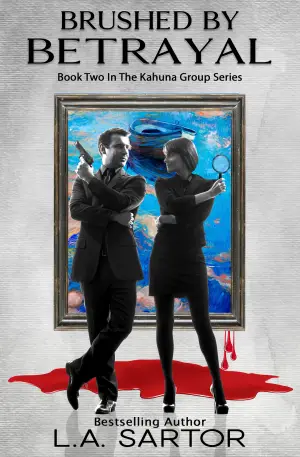
02 May Book Review of If You Want to Write: A Book about Art, Independence an…
Rediscovering Inspiration in If You Want to Write by Brenda Ueland
There’s something nostalgic about finding a book in a Little Free Library—an invitation to reconnect with forgotten ideas. When I discovered Brenda Ueland’s If You Want to Write: A Book about Art, Independence and Spirit, I couldn’t help but reminisce about seeing this book in a local boutique, wedged between shiny knick-knacks and overpriced scented candles. It always seemed to whisper “intellectual” in a sea of consumerism, yet my curiosity had never pushed me to explore it. Perhaps I was meant to find it now, at a time when I needed a different perspective on creativity.
Ueland’s book, first published in 1938, purports to guide would-be writers on their journey toward self-expression and independence. However, it presents an intriguing conundrum for anyone unfamiliar with her credentials or philosophy. Ueland essentially argues that to write authentically, one must embody a "great and simple soul," a lofty expectation that initially left me feeling disheartened. Can we truly measure our potential to write based on the purity of our character?
With Tolstoy as her literary lodestar, Ueland champions a life of simplicity and candidness akin to that of a "little servant girl" or those she admires from marginalized backgrounds. She offers little in terms of practical writing techniques—most of her advice leans toward the ethereal rather than the technical. This absence of structure may frustrate those seeking tangible writing tips. Yet, she infuses the text with the infectious energy of her beliefs, a quality that transcends mere words.
One quote that lingered with me was her reference to Blake’s provocative advising: "Sooner strangle an infant in its cradle than nurse unacted desires." While I can appreciate the motivation behind her emphatic encouragement to seize one’s creative impulses, I found her perspective a tad unsettling. Why must we bear the weight of such immense expectations? What about the joy of writing as a process rather than an obligation to achieve greatness?
As I delved deeper, I appreciated Ueland’s ability to evoke visuals of her favorite writers, punctuating her philosophy with anecdotes that lend an intimate aura to her narrative. Her anecdotes provided occasional gems, like Ibsen’s simple explanation of naming his heroine, Nora. These vignettes lit up the prose, making it feel personal and intimate rather than theoretical.
However, as I absorbed If You Want to Write, I found myself grappling with the dichotomy Ueland presents: the exaltation of the “great soul” versus the practicalities of craftsmanship. While her intent may be noble, it feels somewhat at odds with the more humble, yet equally vital, realities of writing.
Nonetheless, I can imagine dedicated readers who might enjoy this book immensely—those drawn to romantic ideals of artistry, aspiring writers seeking affirmation in their often tumultuous creative quests, and anyone who appreciates a blend of feminist ideals coming from a figure of local renown.
Ultimately, engaging with If You Want to Write has rekindled my love for writing—not simply as an act of creation, but as a journey of self-discovery. While I may not subscribe fully to Ueland’s approach, her words sparked some deeper questions about art, independence, and what it truly means to cultivate one’s voice in a noisy world. Perhaps that itself is the heart of her message: to write from that divine spark within you, regardless of society’s standards.
Discover more about If You Want to Write: A Book about Art, Independence an… on GoodReads >>









